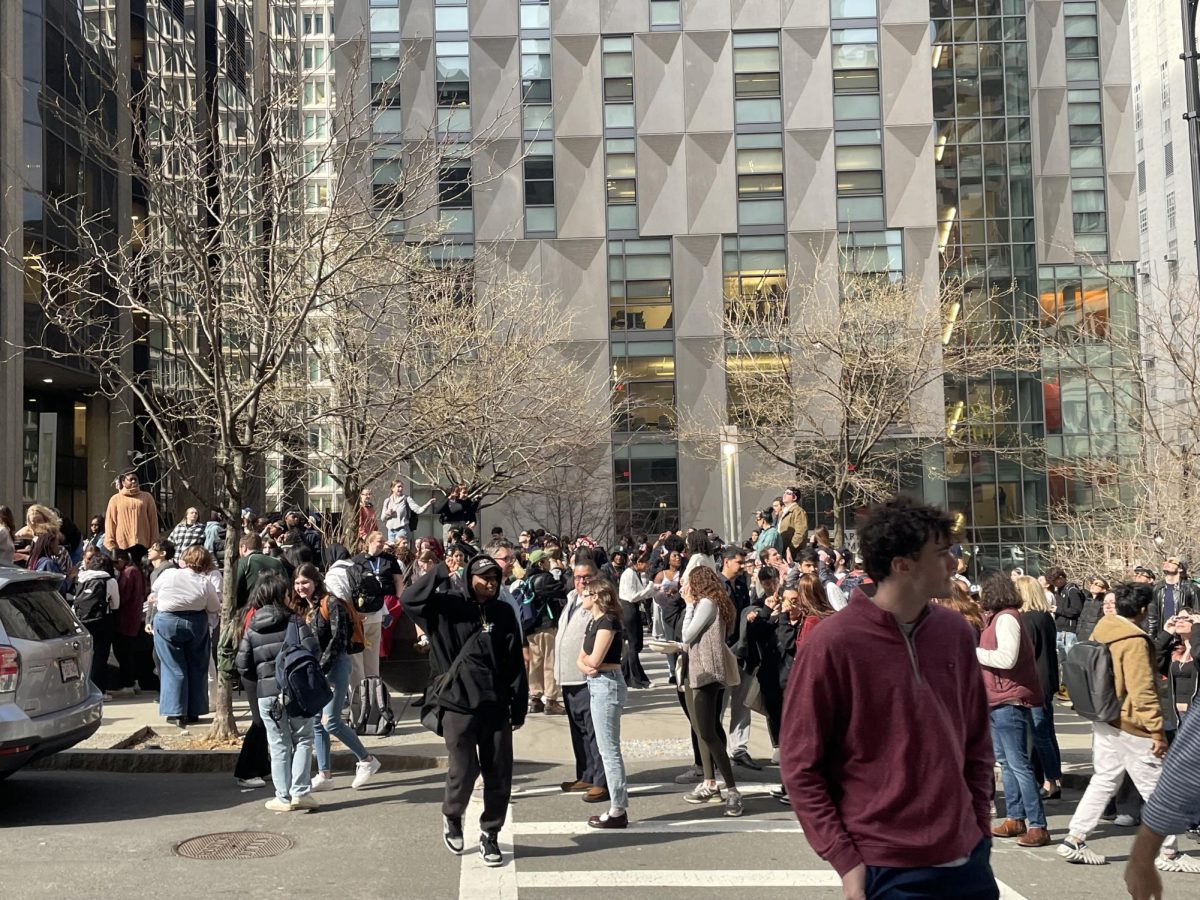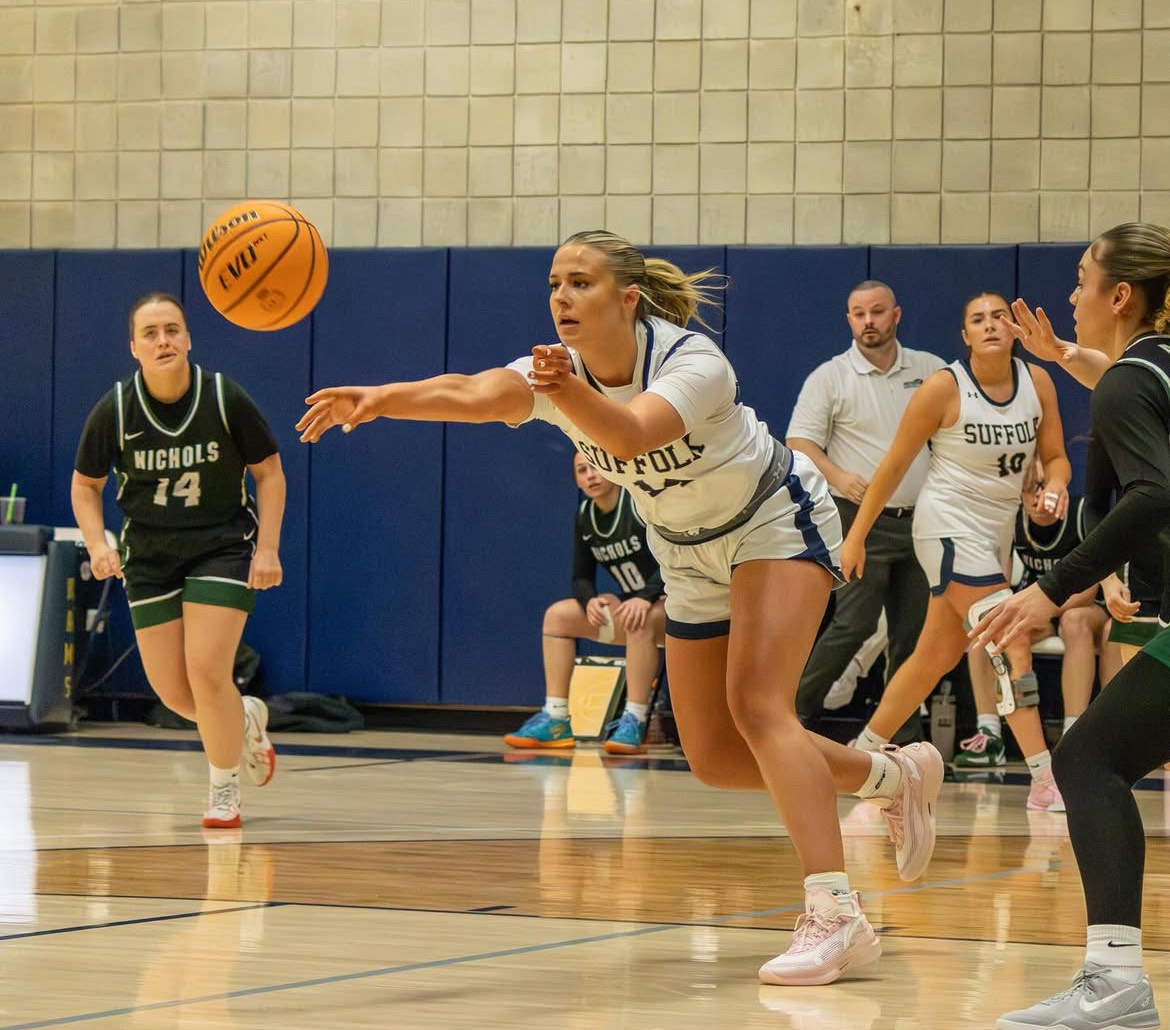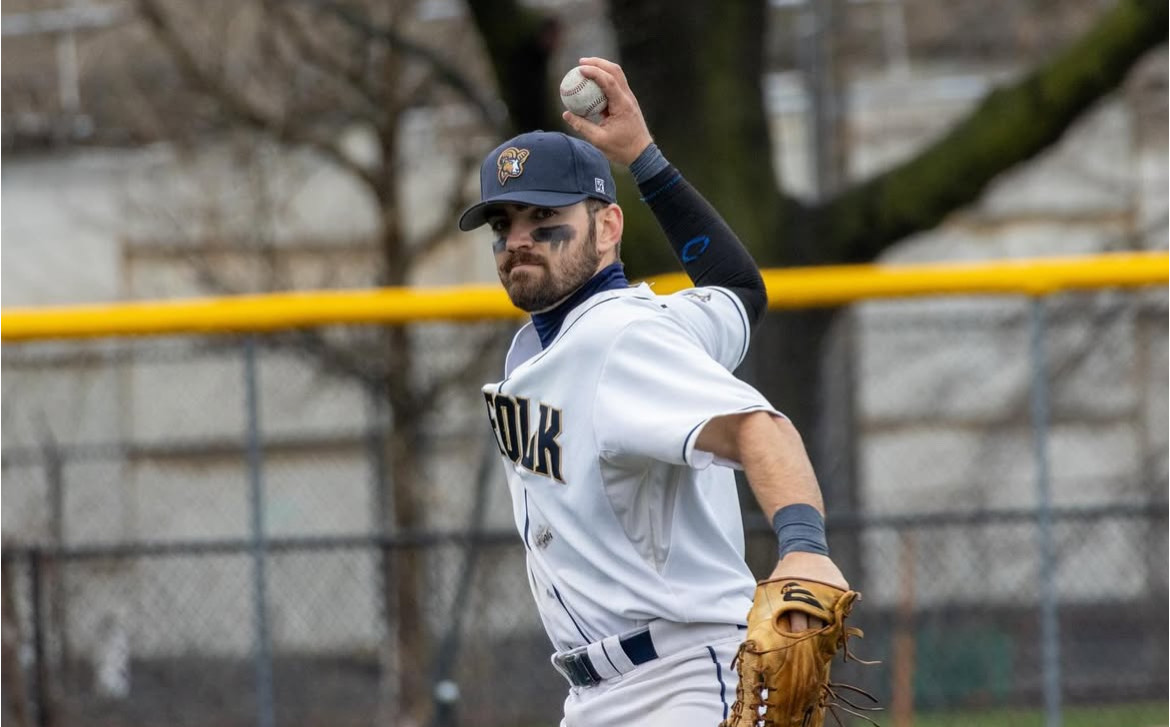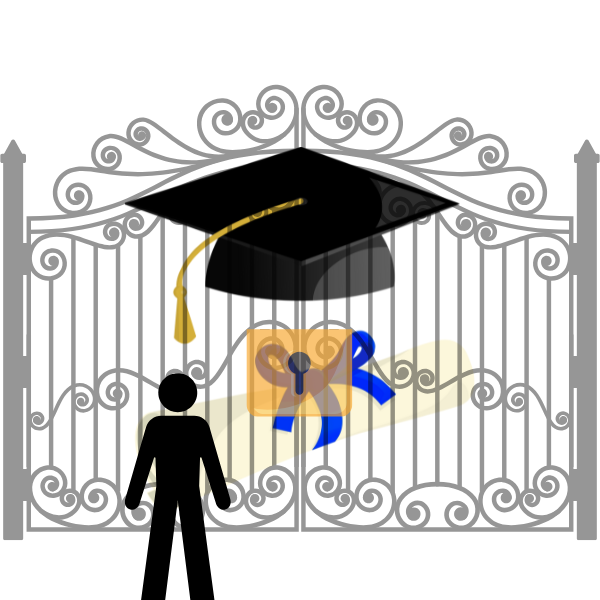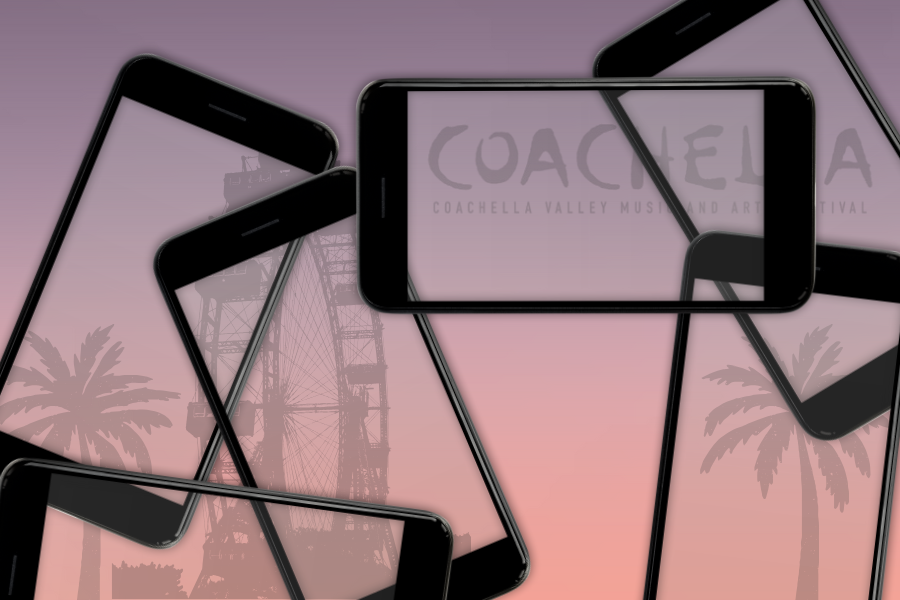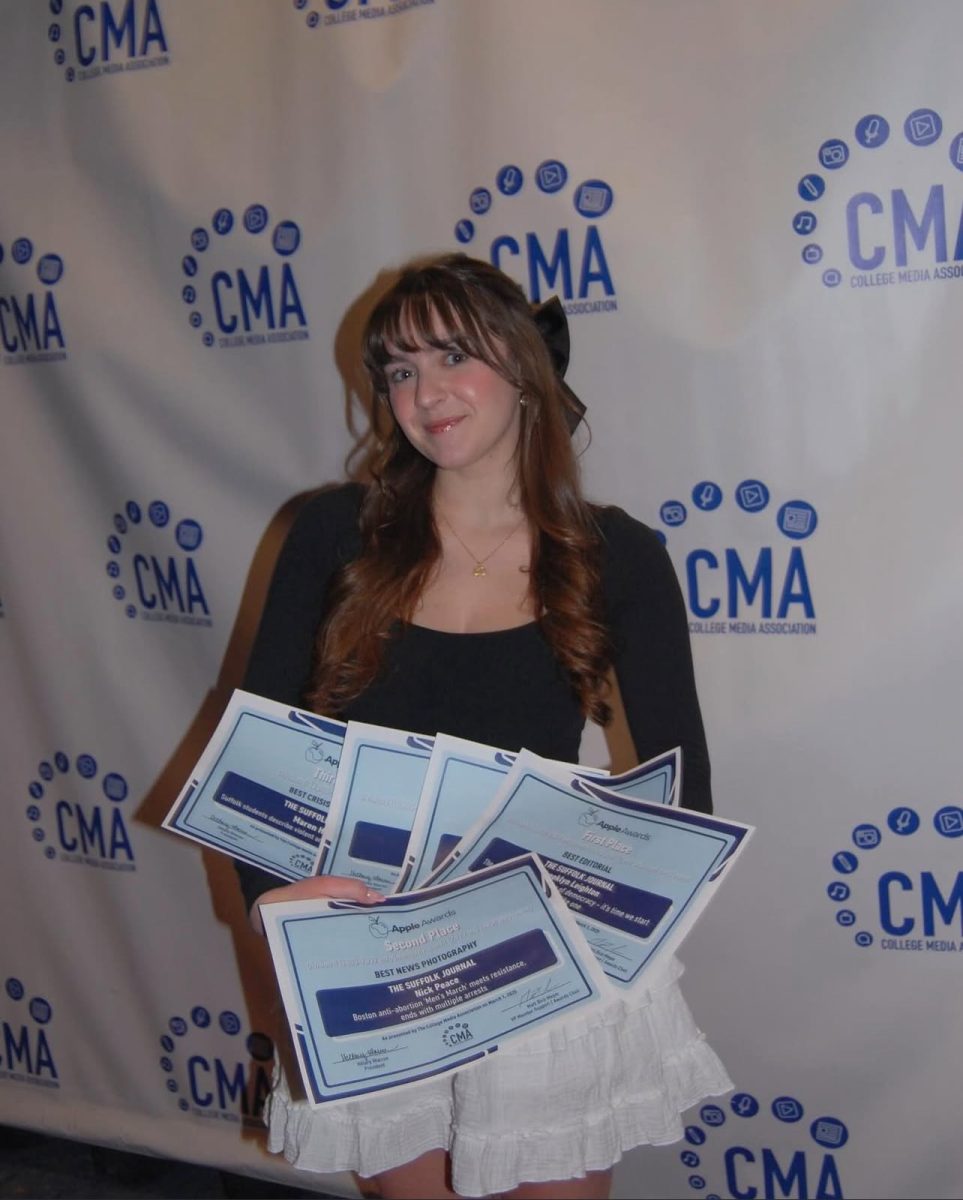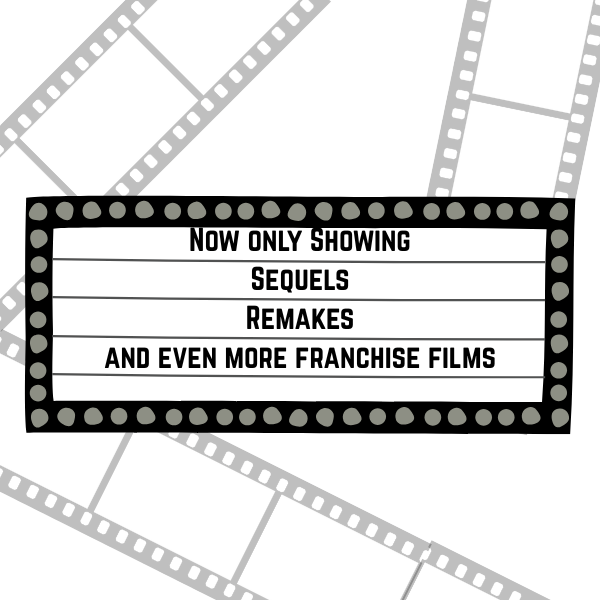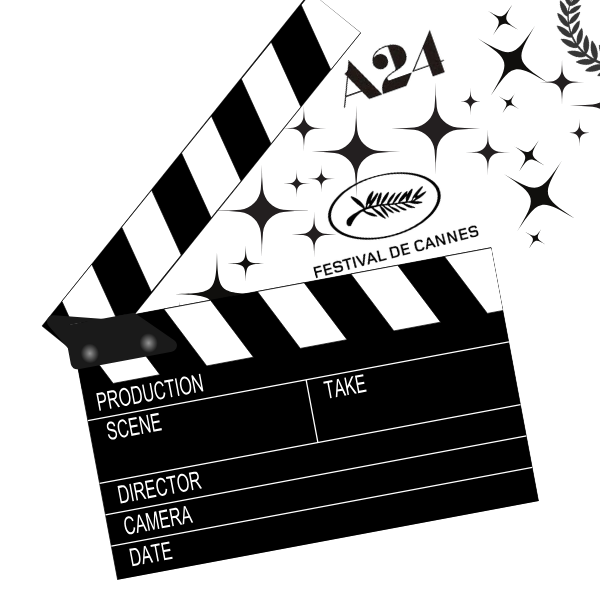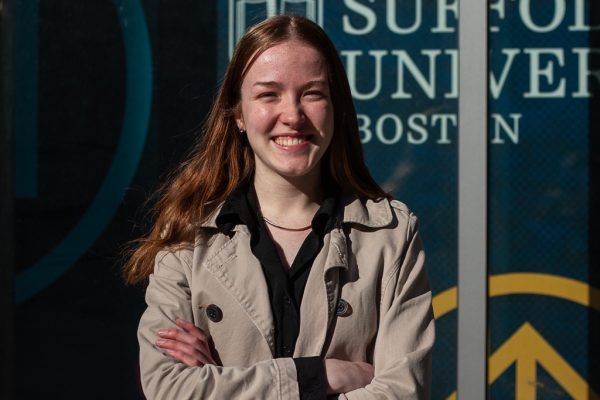As I joined the hundreds of people who flocked to the Boston Common to watch the solar eclipse on Monday, I was awestruck not only by the eclipse itself but also by the excitement radiating throughout the city, country and continent. A sense of awe backed by an overarching explanation: science.
Days leading up to the eclipse, news organizations and experts in the field pushed out masses of information and facts about the phenomenon, leaning into the public’s excitement to explain the science behind it and emphasize the safety measures viewers should take.
Science is everywhere around us, but public understanding of it is not. Every day, we interact with endless aspects of the natural world, along with the innovations that will make our future better — science is omnipresent and essential. Academic journals and scientific reports are not easily consumable for the general public, and the science lessons of high school are often forgotten or obsolete.
Science communication needs to take a different approach to welcome the general public, making the facts of our world and the life’s work of scientists across the globe exciting and accessible to all.
A strong foundation in scientific understanding of the world around us acts as an incredibly powerful line of defense against misinformation, allowing every person to be an independent and informed thinker.
During the coronavirus pandemic, the World Health Organization described the large quantity and rapid spread of false information as an “infodemic.” False claims ranging from that alcohol consumption and UV light would kill the virus to that it spreads less in warmer climates had major impacts on public health, leading some to act in dangerous ways.
A CDC study found that 39% of participants took potentially harmful actions due to the spread of misinformation, including washing produce with bleach and ingesting disinfectants.
With the support of scientific content and information that is made for the average person, we can all continue to become smarter and more critical consumers of media. Providing all with the ability to make educated judgments based on fact has the promise to create citizens who are independent thinkers and actors, positively impacting everything from public health to civic engagement.
This spread of scientific information must be accessible to all, regardless of education level, socioeconomic status or geographic region. The marketplace of ideas is always in danger of becoming an exclusive commodity of the rich and powerful, but science must be presented as not a privilege to know and understand, but a right.
Many have already found success in the pursuit of accessible science communication. MIT-educated engineer Emily Calandrelli, better known as “The Space Girl,” has accumulated 1.2 million followers on TikTok, where she presents otherwise complex topics across scientific disciplines. New York Times columnist Natalie Angier has received numerous awards, including a Pulitzer for her beat in science journalism, where she focuses on the fundamentals of science behind major news events and the natural world.
Providing comprehensible scientific knowledge on social media, news outlets and beyond lays a foundation for a future of well-informed citizens. Watching people across the nation gather to watch the eclipse not just as individuals but as a community shows the potential impact of scientific literacy — it’s time that we listen.
This week’s eclipse provides an interesting opportunity to consider the potential behind scientific communication with the public that is approachable and interesting, providing all the opportunity to understand the everyday wonders of our natural world and the innovation of our future.


